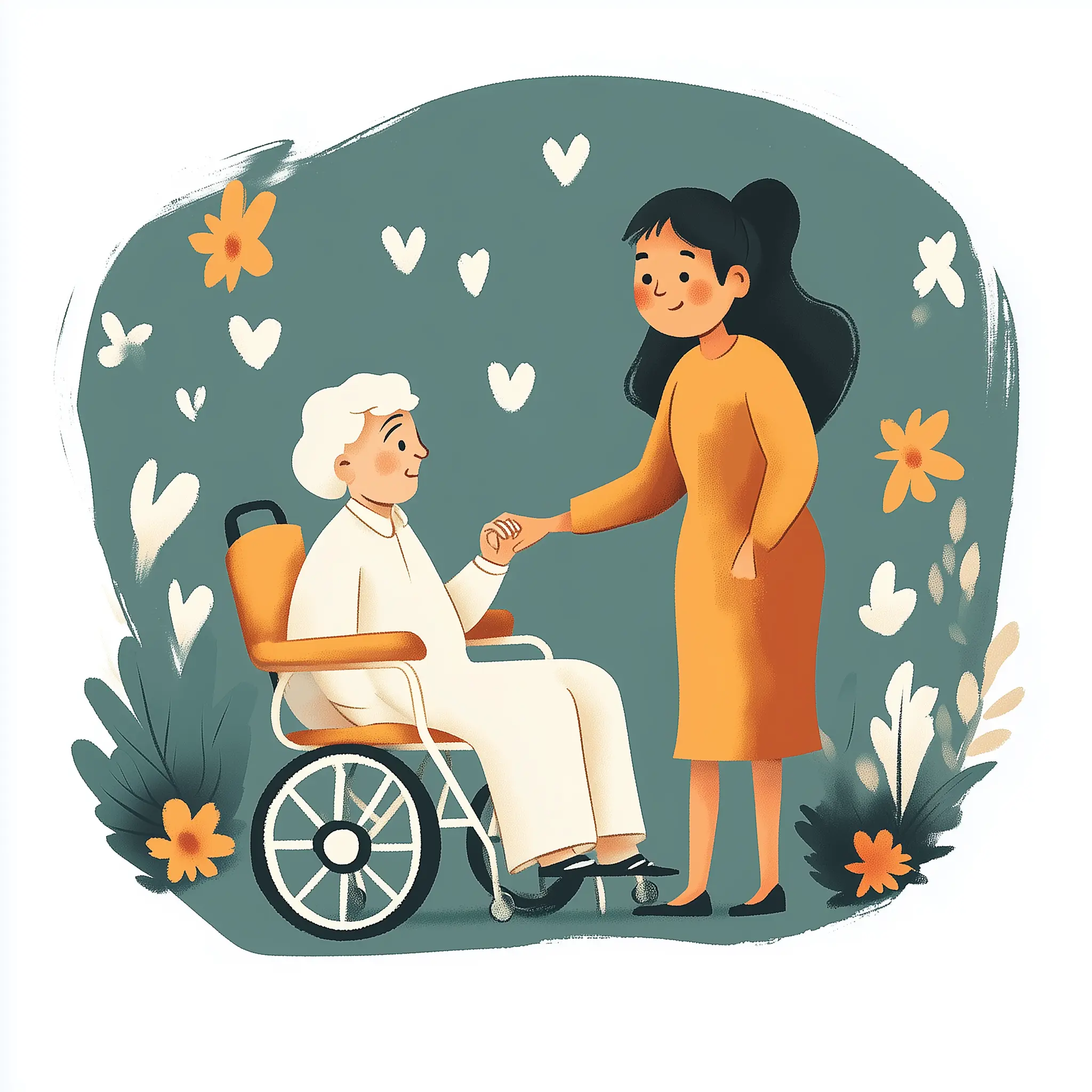
What To Do When Elderly People Stop Taking Medication?
- Published on
- Authors
-
- Author
- HP Homecare
-
The Perils of Pausing Pills: A Deep Dive into Medication Adherence for Seniors
For many elderly individuals, a strict medication regimen is a cornerstone of maintaining health and managing chronic conditions. But what happens when these crucial medications are neglected or entirely forgotten?
The Ripple Effect of Skipping Medication
When elderly individuals skip doses of their medication, the fallout extends far beyond a missed pill. Here’s a snapshot:
- Disease Progression: Conditions such as hypertension, diabetes, and heart disease can deteriorate rapidly without proper medication, leading to severe complications.
- Increased Healthcare Use: Non-adherence often results in more frequent visits to the doctor, hospital admissions, and an overall increase in healthcare costs.
- Reduced Quality of Life: Skipping medication can lead to decreased physical functionality, more profound symptoms of illness, and a diminished ability to enjoy life.
Strategies for Enhancing Medication Adherence
Addressing the issue of medication adherence in the elderly requires a multi-faceted approach:
- Personalised Management Plans: Each senior has their own set of challenges and preferences. Tailoring medication plans that fit into their lifestyle can significantly impact adherence.
- Educational Support: Understanding what each medication does and why it is important can motivate seniors to adhere to their schedules.
- Technology Aids: From simple pill organisers to sophisticated digital reminders, technology can be an invaluable tool in supporting medication adherence.
- Regular Check-ins: Routine visits with healthcare providers not only provide an opportunity for a medication review but also reinforce the importance of sticking to prescribed treatments.
Wrapping It Up: A Delicate Balance
The conversation around medication adherence doesn’t stop at identifying the problems. It’s about actively forging solutions that align with the individual lifestyles of elderly individuals, ensuring they are manageable and sustainable. With the right tools, strategies, and support systems, we can significantly alleviate the risks associated with medication noncompliance in our older generations, firmly placing their well-being back in their own hands—or indeed, in the hands that care for them.